
Inspiring a Generation: Romania’s Commitment to Girls in STEAM — A Local Vision from Colegiul Tehnic «Edmond Nicolau» Focșani
08/06/2025 b vasileiadis
By Colegiul Tehnic “Edmond Nicolau” Focșani, Romania – EITIC Project Contributor
As educators, we often ask ourselves: What truly makes a difference in a girl’s decision to pursue a STEAM career? Is it the lessons taught in class? The technology she experiments with? Or the presence of someone she can look up to? In Romania, where girls already succeed in STEM education in significant numbers, the key challenge is no longer about potential but it’s about creating clear, supported pathways into STEAM futures. That’s why the EITIC – Fostering STEAM Careers Among Schoolgirls Through Women Role-Models project is not only meaningful, but essential.
This month, as part of our commitment to this shared vision, we are proud to present a Romanian perspective that are both at the national level and through the lens of our school, Colegiul Tehnic «Edmond Nicolau» Focșani.
Romania’s Landscape: Educational Success, but Professional Gaps
Romania leads the EU in the share of women STEM graduates, with 42.5% of STEM university graduates being women. Additionally, 56.2% of doctoral students in STEM fields are female; it’s a figure that suggests strong academic engagement. These statistics show that girls and young women excel in science and technology.
On the other hand this achievement does not extend fully into the workforce. Only 26% of ICT professionals in Romania are women, and just 39.4% of employed scientists and engineers are female (the lowest percentage in the EU). This points to a clear disconnect: academic participation is high, but employment and career retention lag behind. It is not a question of talent, but of sustained visibility, access to opportunities, and structural support.
Several national initiatives are making significant efforts to close this gap by offering mentorship, practical experiences, and platforms for girls to lead and innovate.
Key Resources Empowering Girls in STEAM in Romania
Below are some of the national and European resources that we find especially valuable and that we are beginning to integrate or promote through our school:
- AFIST – Association of Women in Engineering, Science, and Technology: Supports over 900 women with mentorships, STEM camps, and peer networks. A critical hub for Romanian female professionals and aspiring students.
https://www.interregeurope.eu - Women in Tech Romania (WIT): Provides coding workshops, tech events, and outreach in disadvantaged schools. In 2023, they engaged over 125 girls in rural areas.
https://green.start-up.ro - ESERO Romania – European Space Education Resource Office: Offers programs and competitions focused on space science and technology, in partnership with the Romanian Space Agency. Highly engaging for middle and high school students.
https://www.esero.ro - Girls Go Circular (by Junior Achievement Romania): Digital learning platform for circular economy and tech innovation. Trained over 3,500 students — 2,500 of whom were girls.
https://jaromania.org - Technovation Girls Romania: An international app-building challenge for girls aged 10–18, helping them solve local problems using technology. In 2025, over 1,500 Romanian girls participated.
https://technovationchallenge.org - L’Oréal–UNESCO “For Women in Science” Romania: Celebrates women researchers in AI, neuroscience, and sustainable development. Offers national visibility and powerful role-models.
https://www.forwomeninscience.com
Each of these resources demonstrates how policy, education, and civil society can work together to ensure that STEAM access becomes inclusive, inspiring, and sustainable.
Our School’s Response: Local Initiatives with Real Impact
At Colegiul Tehnic “Edmond Nicolau” Focșani, we are building on these insights and national examples by developing our own locally driven programs. These projects aim to inspire and equip girls in our community with practical STEAM experience, exposure to role-models, and confidence in their potential.
- STEAM Clubs for Girls: Hands-on clubs focused on Arduino, sensors, robotics, and AI. Projects connect to themes such as environmental protection, smart cities, and sustainability. These help students to see the social impact of their innovations.
- Mentorship Series: Monthly sessions with Romanian women in STEAM roles, including engineers, software developers, and environmental scientists. These meetings open dialogue and provide students with authentic, relatable career paths.
- Podcast: “STEAM Stories by Her”: Girls in our school will produce and host a podcast featuring interviews with local female professionals and advanced students in science and tech. This not only amplifies role-models but builds digital and storytelling skills.
- Creative Innovation Challenges: Inspired by programs like Technovation, our girls work in teams to design solutions to local issues; e.g., from green energy projects to mental health apps. These challenges help translate learning into leadership.
Through these initiatives, we’ve already noticed more solid changes. For instance, girls are more engaged, more vocal, and more ambitious about their futures. Projects that once seemed intimidating are now seen as exciting and possible.
Our Perspective: What We’ve Learned
From our experience, the path to empowering girls in STEAM is to connect, to mentor and make them more visible. Girls should be inspired by women that are role models and want to be like them, who have faced and overcome similar challenges, and who are succeeding in science, technology, and innovation.
It is crucial to create safe and inclusive learning spaces where girls are encouraged to take risks, make mistakes, and keep experimenting. Real learning happens when students realize that success isn’t about perfection, but perseverance.
We also learned that school is only one part of the equation. Families, media, community leaders, and public policies all play a role in shaping girls’ aspirations. That’s why we should be to build a STEAM culture within and beyond our school walls.
Looking Ahead: Building a Stronger, More Inclusive Future
Romania has already shown that girls belong in STEM classrooms. Now we should ensure that they belong in STEAM careers, leadership positions, and innovation hubs. That transition requires sustained support, mentorship, and visibility.
As part of the EITIC partnership, we are proud to be contributing to a larger European vision. It is an initiative where every girl, regardless of background, has the chance to explore her curiosity, develop her talents, and make a meaningful impact.
We will continue to expand our projects, forge new partnerships, and share what works because every girl who sees herself as a future engineer, scientist, or creator moves us all one step closer to a more equitable and innovative future.
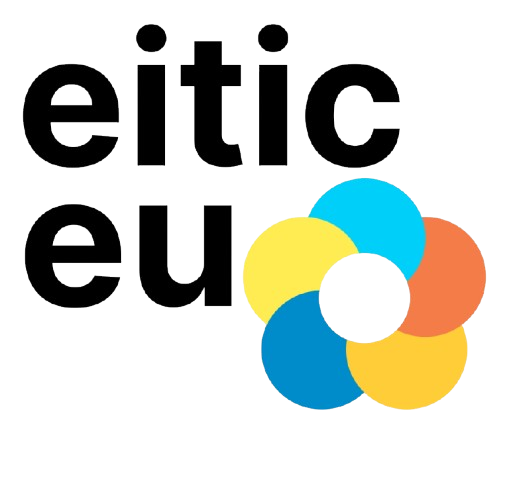


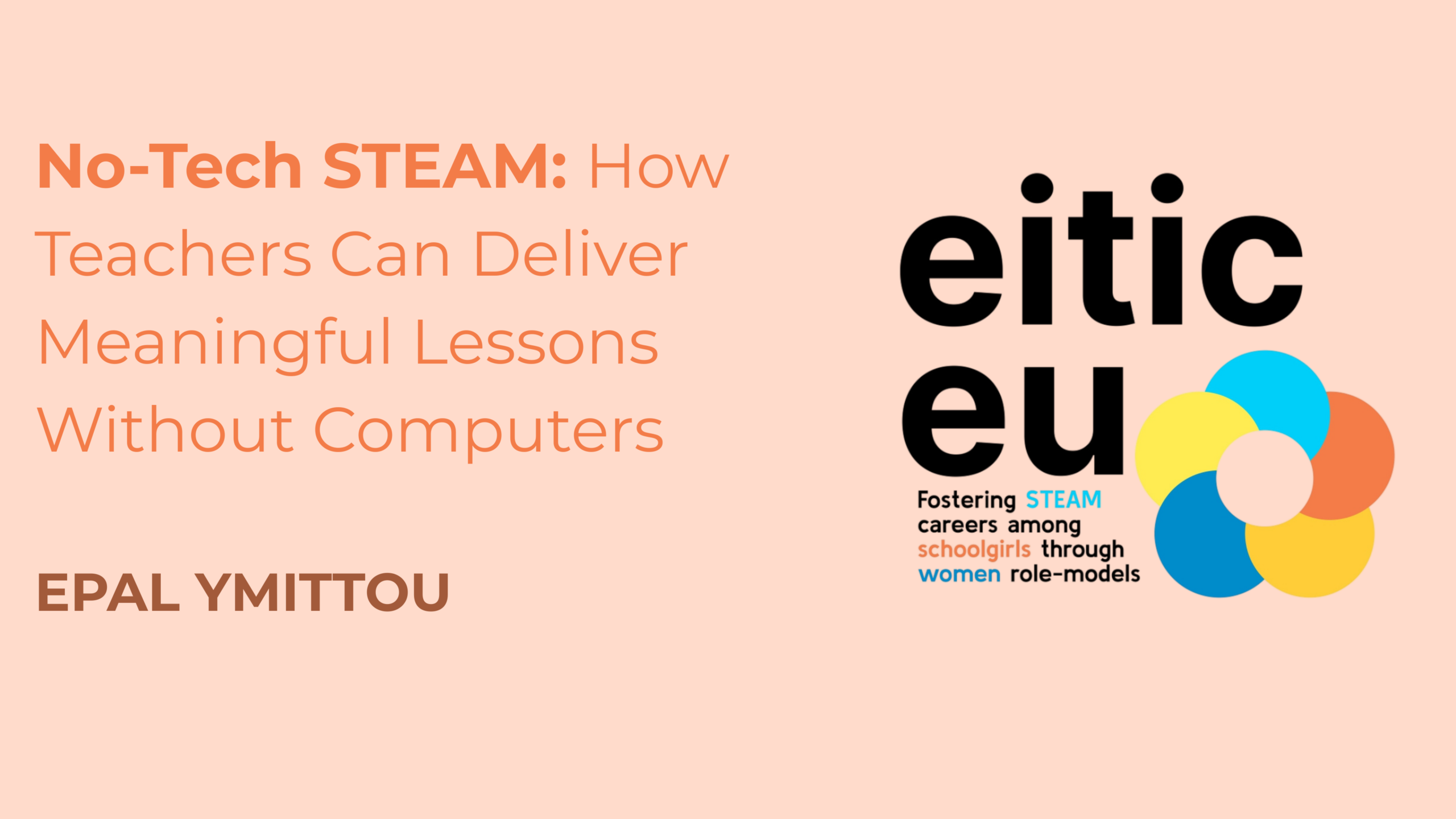
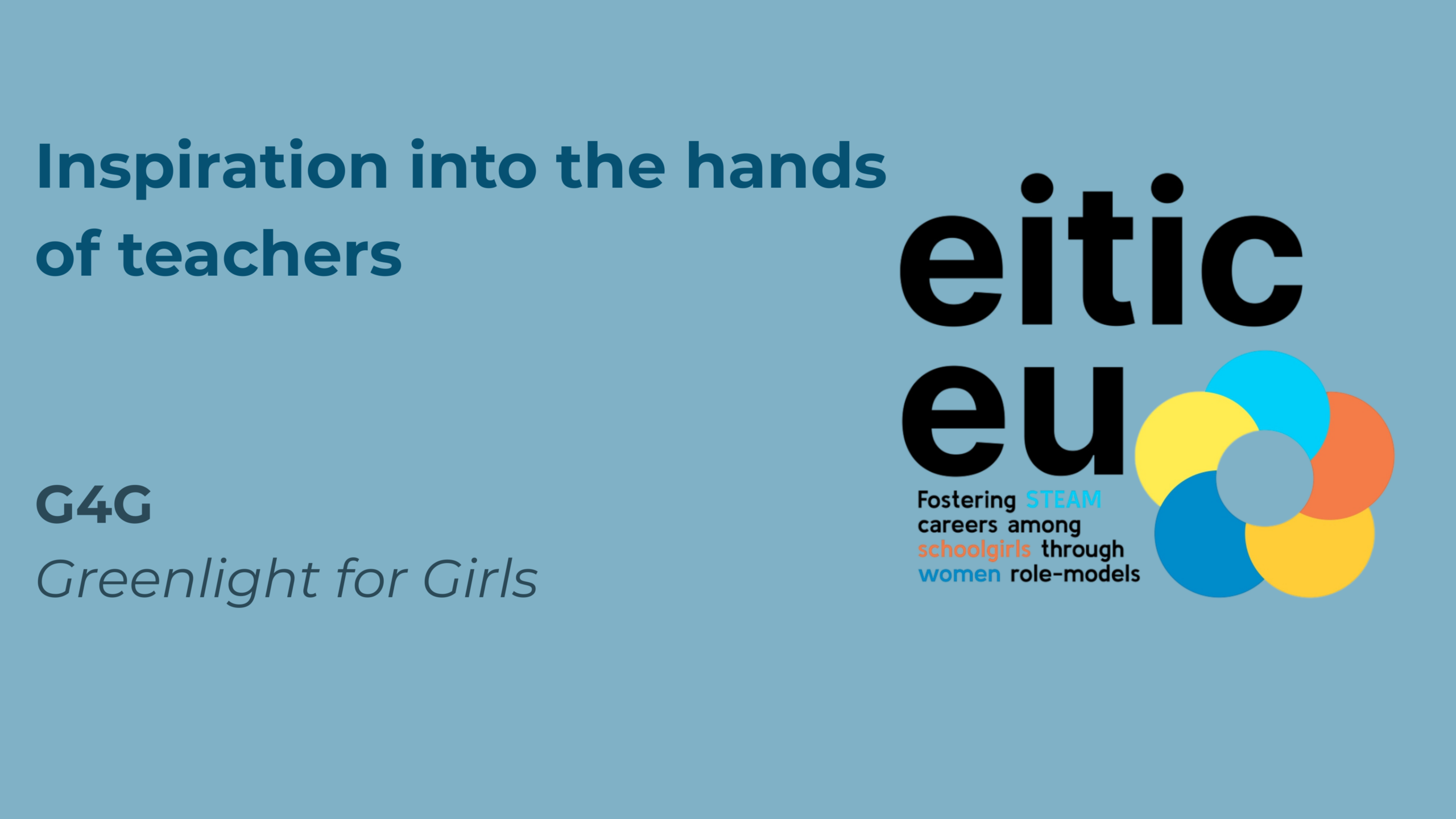


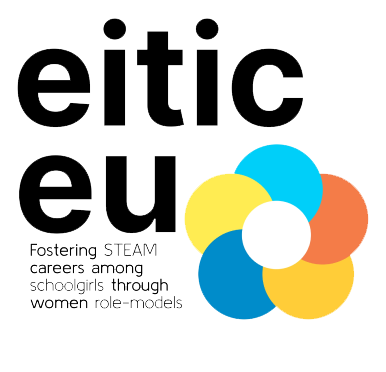

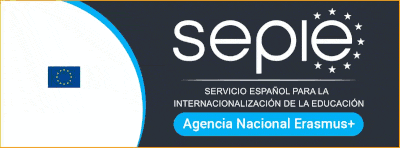
 eitic@cibervoluntarios.org
eitic@cibervoluntarios.org